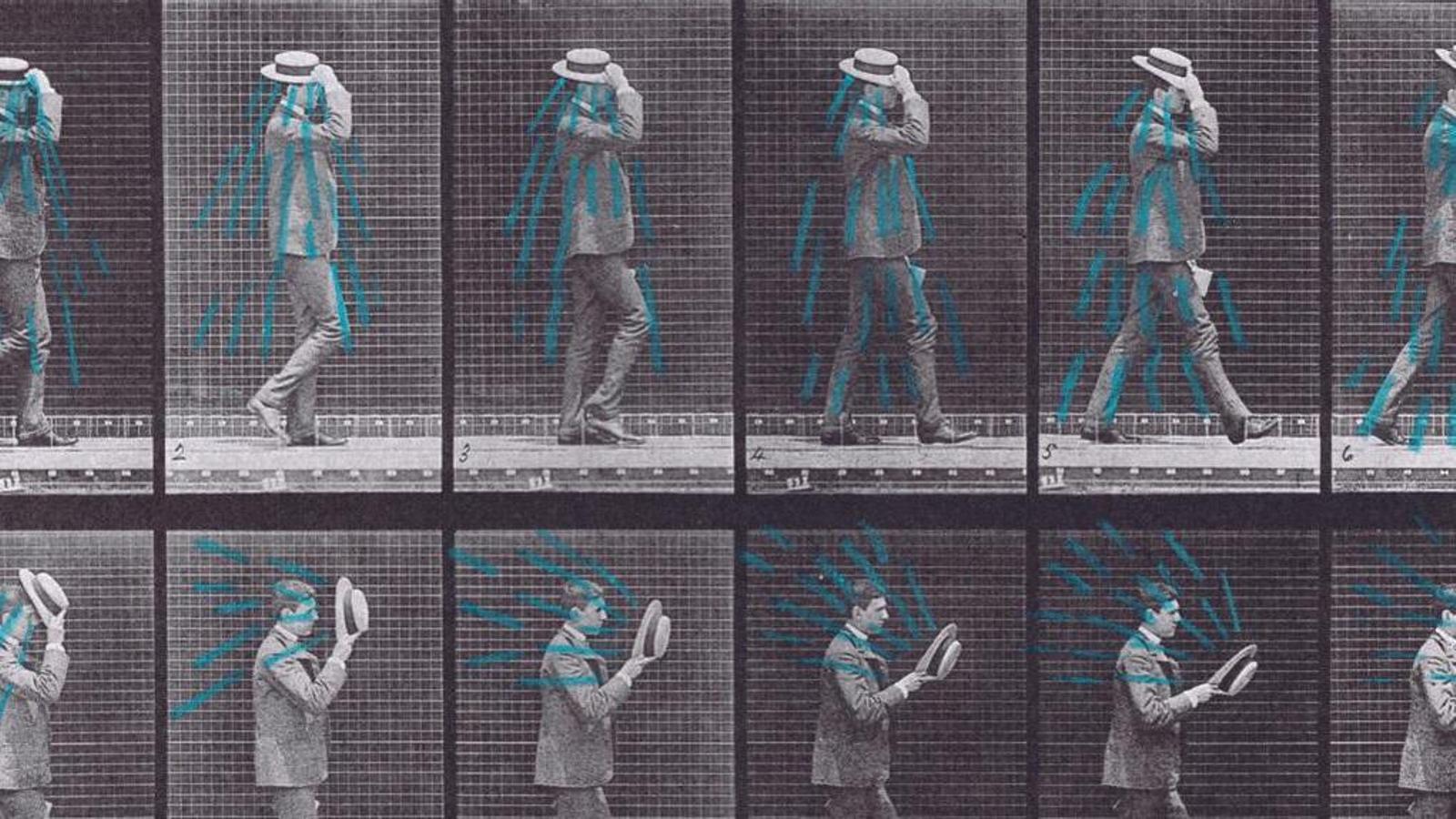Vacation from yourself: "If you're sad where you live and you take a plane, your self will still be just as sad."


"I think you like the idea of vacation more than vacations." This quote is said by a secondary character in the series. Ham to the protagonist when she realizes that, despite not working, she can't help but check her work phone while sitting on a rock looking out to sea. Throughout the year, we long for vacations and aspire to break the routine and rest. But when the time comes, there are people who don't find it easy to adapt to idle habits and doing nothing.
We are fully aware that the ability to disconnect from work responsibilities is healthy, that traveling brings us emotions and joy, that dedicating ourselves fully to our family is very satisfying. We have learned our lesson. Literature, advertising, film and television fiction have built up for us the idea of vacation as synonymous with a state of permanent happiness. There is a magnificent sketch of Saturday Night Live Starring actor Adam Sandler, who, despite its dose of humor, is not exempt from a devastating reality.
Sandler plays Joe Romano, the promoter of a tourist trip to Italy. He is worried because some of his clients are disappointed with the vacations he organizes and makes a promotional video where he warns of the limitations of his leisure offer: "We always remind our clients of something: if you are sad where you live, you will be sad in Italy, do you understand? If you are sad where you live and you take a plane to Italy, your self in Italy will still be as sad as you were before." Joe Romano insists with his message: "We can help you relax, we will show you different species of squirrels that you have never seen before, but what we cannot do is solve deeper and more complex aspects, such as the way you behave in groups or your usual mood."
Romano doesn't want to create false expectations around the possibility of traveling far from home: "We can take you on excursions, but we can't make you love excursions. We'll accompany you to the Italian coast, but we can't make you feel comfortable in a swimsuit. Tuscany, but we can't change the reasons why you drink too much." Romano goes into a level of detail that seems obvious, but is devastating: "Remember: the photos you take of yourself will show you. And if you don't like yourself when you're at home, you won't like yourself when you see yourself in a gondola. If you and your partner have problems, I guarantee that ours will tour won't help him. If you don't want your husband to touch you, remember that in Italy he will have the same bodies and thoughts."
The sketch is hilarious and, of course, presents extreme situations, but it dismantles the tyranny of idyllic and restorative holidays in which everyone, automatically, becomes a different person when they don't have to be a different person when they don't have to be a different person. physical symptoms derived from the lack of adrenaline of everyday life, they feel disoriented by the absence of routines or overwhelmed by an intense family coexistence that includes the most distant relatives. frustrated if they don't experience a feeling of liberation or euphoria, or they live as a failure not having completed all the plans they had planned and suffer for not making the most of their time as they would like.
